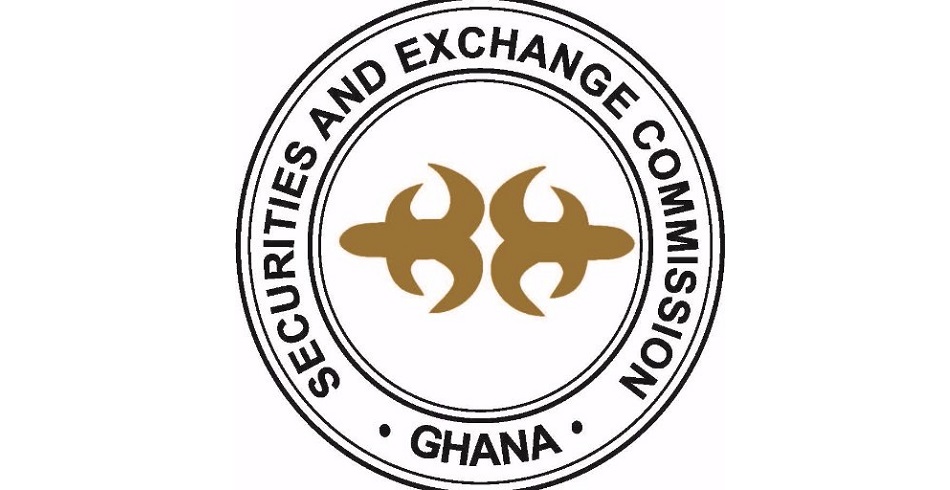Regulators of the financial sector in Ghana have for some time now pursued the increment of minimum capital requirement for institutions in the financial sector to help position against any form of value decline.
Capital Requirement
Minimum capital requirement is a standardized regulation in place for banks and other depository institutions that determine how much liquid capital (that is, easily sold securities) must be held vis-a-vis a certain level of their assets.
Capital requirement (also known as regulatory capital or capital adequacy) is the amount of capital a bank or other financial institution is required to maintain, as determined by its financial regulator.
This is usually expressed as a capital adequacy ratio (CAR) of equity as a percentage of risk-weighted assets. The requirements are instituted to ensure that the institutions can absorb losses and still remain in business. It shows the strength of the financial institution. The global rate for banks under the Basel III convention is 8%.
However, under the Bank of Ghana regulation each bank’s CAR in addition to the global minimum is calculated on case-by-case basis (Section 29(1) of the BSDI Act). It could be noted that the CAR of some savings and loans companies that were recently shut down were in the negative triple digits.
Capitalisation in Ghana
Accordingly, the Bank of Ghana on 11th September 2017 issued the Minimum Capital Directive by which all universal banks were required to increase their minimum paid-up capital from GHC120 million to GHC400 million by 31st December 2018. By the end of the recapitalization deadline, 23 out of the 32 Commercial banks were adequately capitalized.
Moreso, the Bank of Ghana in 2015 made an upward revision to the minimum capital requirements of rural/community banks from GHC300,000 to GH¢1 million to be met by December 31, 2017, whereas microfinance institutions (MFIs) were given up to June 2018 to meet the GH¢2 million capital requirements. However as a result of delay in meeting the requirement, the central bank has again directed all MFIs to meet their respective minimum capital by 28th February 2020.
Requirements for Insurance Companies
Consequently, considering the developments within the financial landscape over the period, Ghana’s insurance industry regulator, the National Insurance Commission (NIC) also increased the minimum capital requirement of insurance companies by over 300 per cent.
For Life and Non-life insurance companies, the minimum capital requirement is increased from GH¢15 million to GH¢ 50 million. For reinsurance companies, the minimum capital requirement is increased from GH¢ 40 million to GH¢125million. For insurance broking companies and loss adjusters, the minimum capital requirement is increased from GH¢300 million to GH¢500 million. Also, the minimum capital requirement for reinsurance broking companies is however been maintained at GH¢ 1 million. And as a matter of regulation, the affected institutions have until June 30, 2021, to meet the new requirements.
Furthermore, by order, the Securities and Exchange Commission (SEC) has increased the minimum capital requirement of Ghana’s fund managers to GHS 2 million ($365,260) from the current GHS100,000 cedis ($18,281) and will be fully communicated by the end of the year for compliance by December 2020.
ALSO READ: BoG to announce new minimum capital requirement for Mobile Money
According to SEC, the number of fund managers dropped to 140 in 2018 from 155 a year earlier as some voluntarily shut down and the licenses of others were revoked.










